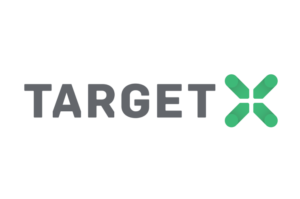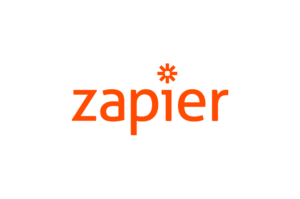It’s almost always easier to chat through your integrations questions on a call, especially given every school has different requirements.
But if you don’t want to hop on Zoom just yet (perhaps you’re reading this on a beach while sipping a piña colada), here’s what our future partners want to know:
My CRM “does X”. Why do I need Gecko too?
That’s a super-common question.
CRMs provide a whole bunch of Xs. Yet we’ve had over 100 institutions augment their CRM with Gecko. Why?
“Depth” is part of the answer. Gecko doesn’t try to do everything, like a CRM does. So we can go deeper into solving specific areas, whereas a CRM has to focus on breadth.
Take events, for example. Try asking your CRM vendor about their ticketing functionality. Or mobile apps for checking-in attendees (even offline). Or personalized itineraries students can update on their own, slashing the number of queries your team has to handle. Or tracking attendance on a session-by-session basis. CRMs don’t have this level of depth.
Every CRM is different, so if you’d like to understand exactly how Gecko augments your current tech stack, reach out to us.
What does a “CRM integration” actually mean?
An integration is a fancy way of saying that two systems are connected, and send data back-and-forth to one another. This is done in the background, automatically.
For Gecko, this means that we send data to (and receive data from) your CRM. The idea is that both systems are kept up-to-date with what’s happening in the other system.
Given that Gecko is a student engagement platform, data we send to your CRM includes things like event attendance statuses, chatbot conversations, call transcripts, form responses, etc. And when things happen in your CRM, like a student moving from an “applicant” to an “admitted” stage, Gecko is kept in-sync too.
Why is it a good thing that Gecko integrates with a CRM?
- You can create an ever-improving enrollment funnel by analysing what impacts higher-level institutional goals. Do this by combining Gecko data (like event attendance) with admissions data held in your CRM (like applications). For example, understanding that attendees of a certain event end up enrolling at a higher rate means you can learn how to make your other events just as impactful.
- You’ll reduce the number of manual tasks your staff have to endure by freeing them from copying-and-pasting from one system to another. Save hours of their time — and even more of their sanity.
- You’ll create more specific, more timely, and more impactful communications. Being able to trigger texts or emails within minutes of a change in your student’s application status (or an event no-show) increases the relevance of your message — regardless of which system the change occurs within.
I have a CRM and need more reasons why we should work together.
- Modular pricing. Unlike procuring a CRM, you’ll only purchase what you need. You’re not buying functionality to sit on a shelf, unused. Many partners start by investing in one or two Gecko modules to solve the most pressing problems, then expand their capabilities further at a later date.
- Custom onboarding. Within a week of agreeing to work together, your dedicated Customer Success Executive can be onboarding your whole team. No delays, no implementation fatigue. We cover everything from using the most important parts of the system, to helping you integrate with your CRM.
- Ongoing training. With a system as powerful as Gecko, it’s tough to become an expert after one week. And we’re aware that your training requirements will become more sophisticated as your knowledge (and ambition!) grows. That’s why we provide free ongoing training for your whole team.
- Chat support. Every Gecko user has access to our Customer Success team via the live chat system in our applications. And with an average response time of just a few minutes during working hours, you never wait long for an answer to your question.
- Peer resources. Our partners love hearing about what other institutions are doing with their Gecko suite. So we facilitate client-led discussions and demos as often as we can.


















